EU-Tunisia agreement: a ‘dangerous’ deal to curb migration?
Brussels has pledged to give €100m to Tunisia to crack down on people smuggling and strengthen its borders
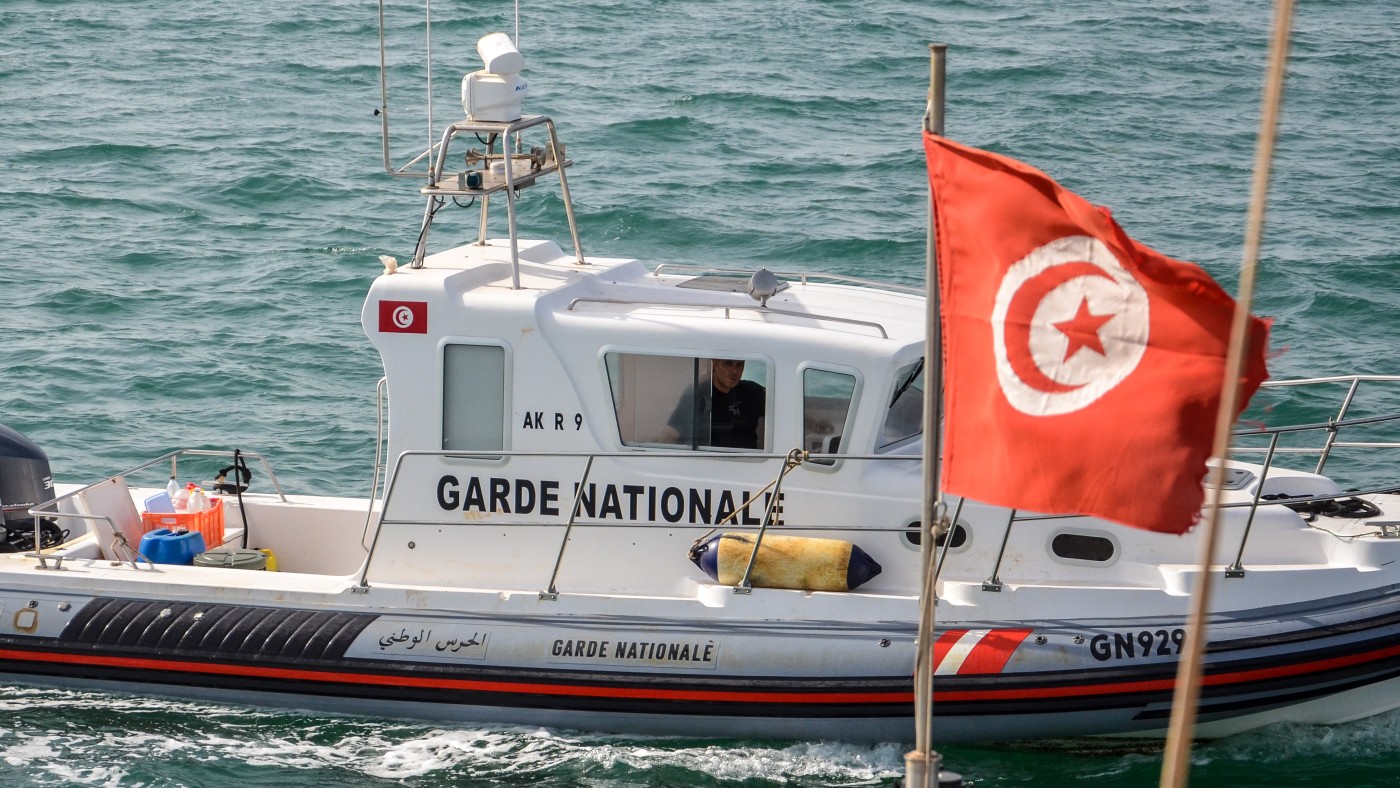
A free daily email with the biggest news stories of the day – and the best features from TheWeek.com
You are now subscribed
Your newsletter sign-up was successful
With irregular migration to Europe at a seven-year high, exacerbating a problem that is destabilising the bloc, Brussels is renewing its efforts to close off the sea route from North Africa, said Vivian Yee in The New York Times.
At least 72,000 migrants, many of them from sub-Saharan Africa, have crossed the Mediterranean to front-line countries such as Italy this year. Until March, most set off from war-torn Libya; but now, neighbouring Tunisia is the main departure point, owing to an expansion of its smuggling networks and a perception that it is a safer launchpad for people “dreaming of Europe”. And it’s here that EU leaders hope to “contain the problem”: last week, Brussels pledged to give €100m to Tunisia to crack down on people smuggling and strengthen its borders, as part of a new “Memorandum of Understanding”.
This is a “short-sighted and dangerous” deal, said Bass Bijlsma in Trouw (Amsterdam). Tunisia’s president, Kais Saied, is a “dictator” who has suppressed the free press and detained opposition leaders, and who has recently been whipping up hatred against African migrants: in February, he claimed a plot was under way to “change the demographic make-up” of Tunisia, triggering a wave of racist attacks.
The Week
Escape your echo chamber. Get the facts behind the news, plus analysis from multiple perspectives.

Sign up for The Week's Free Newsletters
From our morning news briefing to a weekly Good News Newsletter, get the best of The Week delivered directly to your inbox.
From our morning news briefing to a weekly Good News Newsletter, get the best of The Week delivered directly to your inbox.
‘Preview of things to come’
This month he went further still, said Luigi Manconi in La Stampa (Turin), ordering his security forces to round up hundreds of African migrants from the port of Sfax, and dump them in the desert without food or water. It’s appalling that the EU – at the behest of the likes of Italy’s hard-right leader Giorgia Meloni and Dutch PM Mark Rutte – is partnering with such a regime. What makes it yet worse is that the deal is highly unlikely to achieve its aims: Tunis is already intimating that it is not willing to act as a reception centre for returned foreign migrants, and it’s worth remembering that a similar EU-backed deal between Italy and Libya, in 2017, led to migrants being detained, exploited, and even tortured; and the boats kept coming.
The EU insists the deal isn’t just about migration, said Gregorio Sorgi and Jacopo Barigazzi on Politico (Brussels). It points to the fact that it has also promised €300m for green energy projects in Tunisia, and €65m for its schools. But these pledges were really just to get Saied onside to tackle migration – and they may offer “a preview of things to come”:
Brussels is now “eager to strike similar deals” with Morocco and Egypt. Yes, they’ll be controversial, but to Brussels they represent the best hope of easing what risks becoming an existential crisis for the EU.
A free daily email with the biggest news stories of the day – and the best features from TheWeek.com
-
 The Olympic timekeepers keeping the Games on track
The Olympic timekeepers keeping the Games on trackUnder the Radar Swiss watchmaking giant Omega has been at the finish line of every Olympic Games for nearly 100 years
-
 Will increasing tensions with Iran boil over into war?
Will increasing tensions with Iran boil over into war?Today’s Big Question President Donald Trump has recently been threatening the country
-
 Corruption: The spy sheikh and the president
Corruption: The spy sheikh and the presidentFeature Trump is at the center of another scandal
-
 Earring lost at sea returned to fisherman after 23 years
Earring lost at sea returned to fisherman after 23 yearsfeature Good news stories from the past seven days
-
 Bully XL dogs: should they be banned?
Bully XL dogs: should they be banned?Talking Point Goverment under pressure to prohibit breed blamed for series of fatal attacks
-
 The spiralling global rice crisis
The spiralling global rice crisisfeature India’s decision to ban exports is starting to have a domino effect around the world
-
 Netanyahu’s reforms: an existential threat to Israel?
Netanyahu’s reforms: an existential threat to Israel?feature The nation is divided over controversial move depriving Israel’s supreme court of the right to override government decisions
-
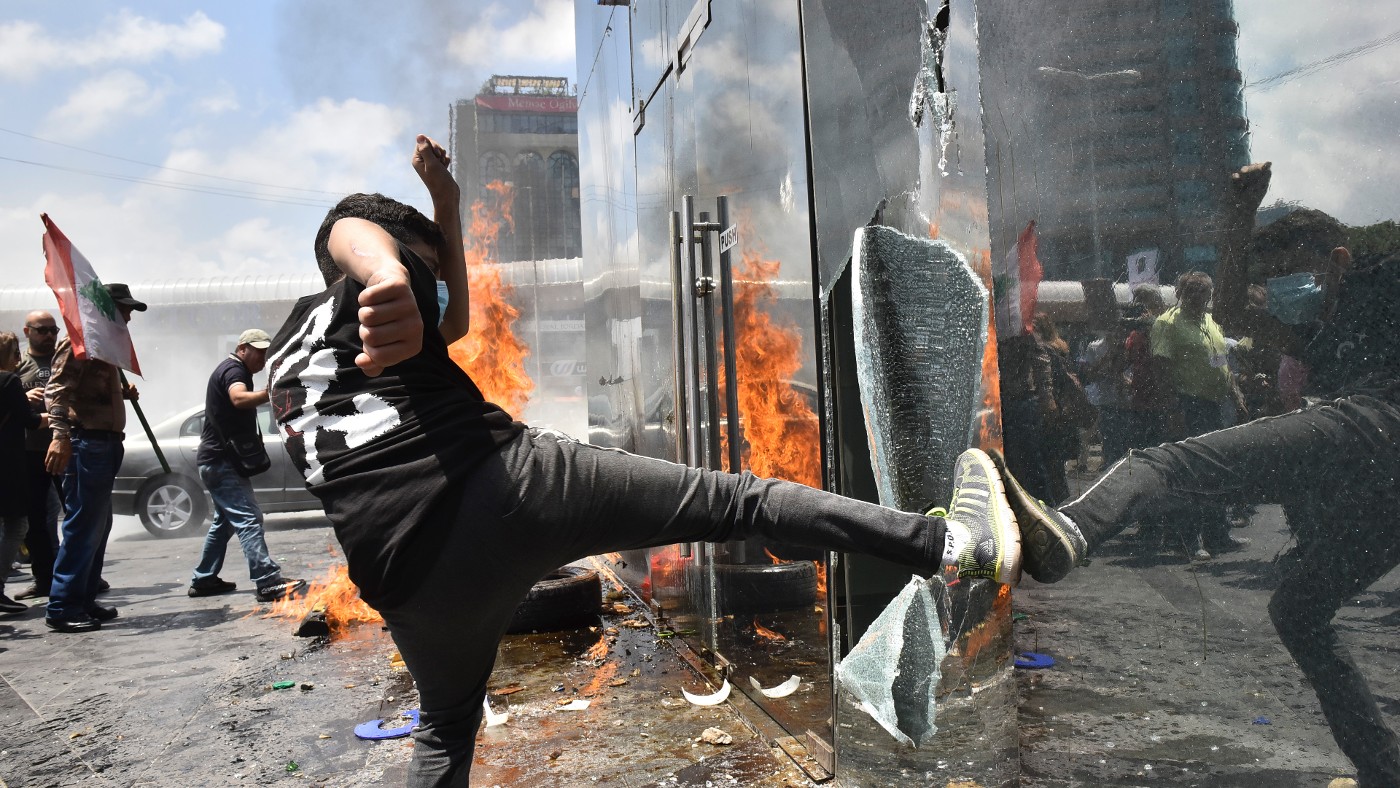 A country still in crisis: Lebanon three years on from Beirut blast
A country still in crisis: Lebanon three years on from Beirut blastfeature Political, economic and criminal dramas are causing a damaging stalemate in the Middle East nation
-
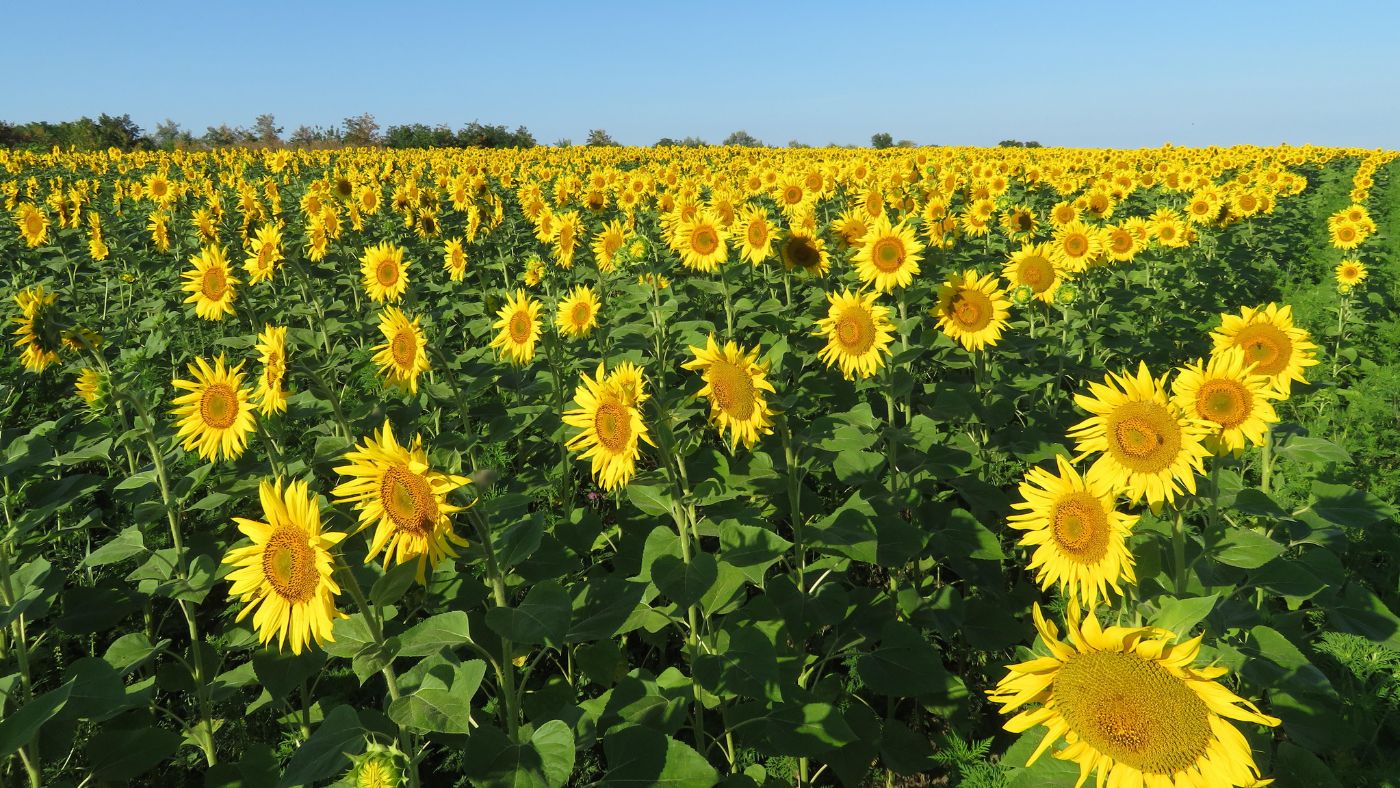 Farmer plants 1.2m sunflowers as present for his wife
Farmer plants 1.2m sunflowers as present for his wifefeature Good news stories from the past seven days
-
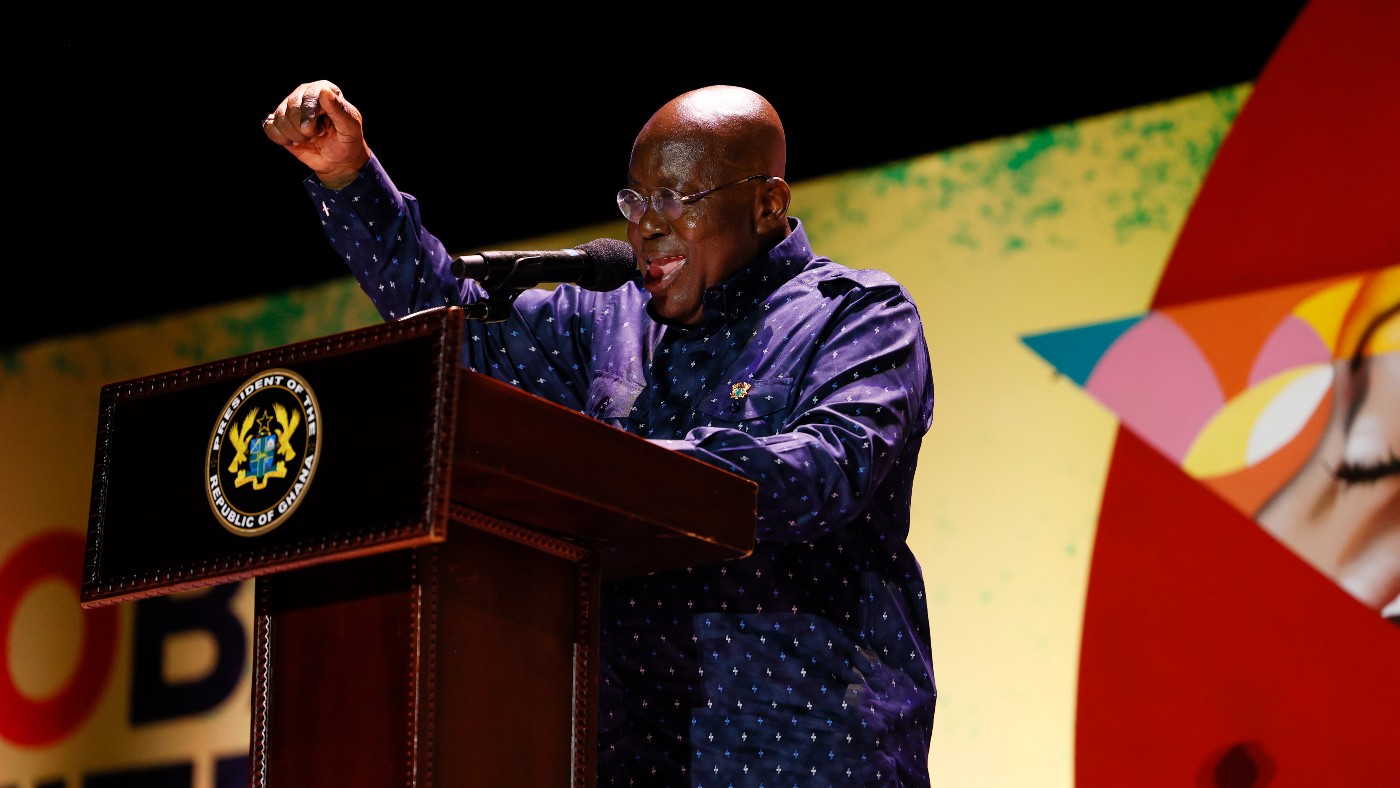 Ghana abolishes the death penalty
Ghana abolishes the death penaltyfeature It joins a growing list of African countries which are turning away from capital punishment
-
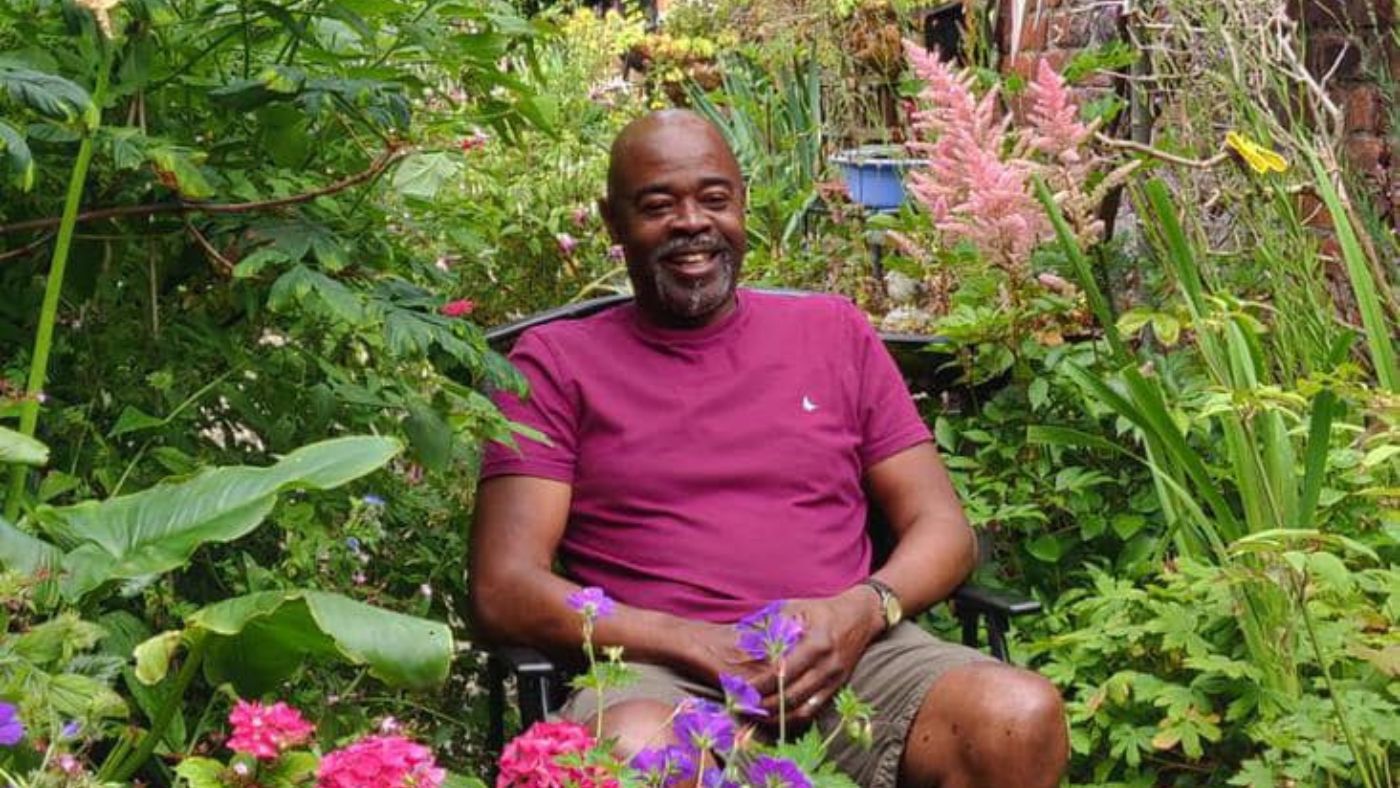 Manchester alleyway transformed into a plant-filled haven
Manchester alleyway transformed into a plant-filled havenfeature Good news stories from the past seven days